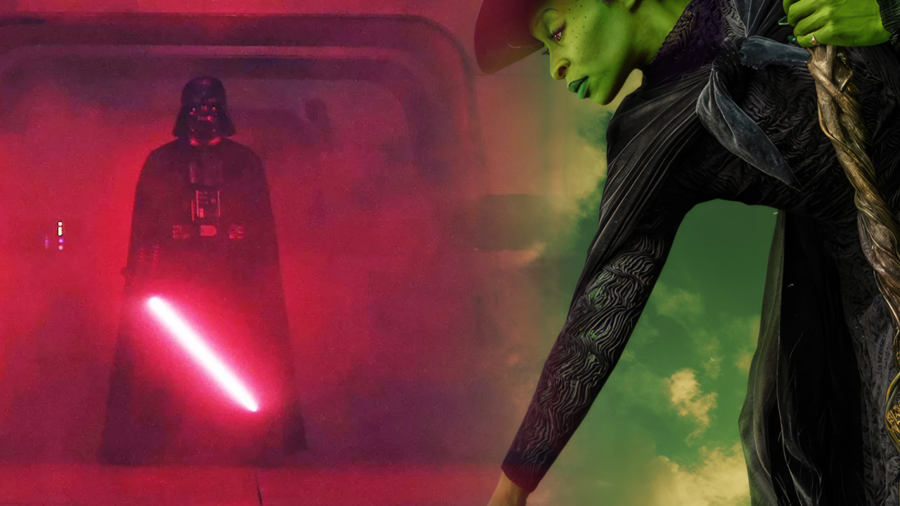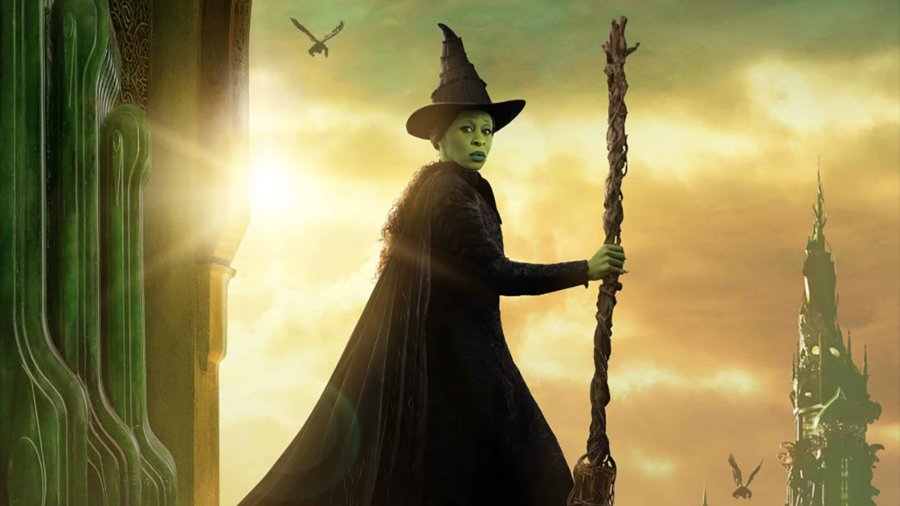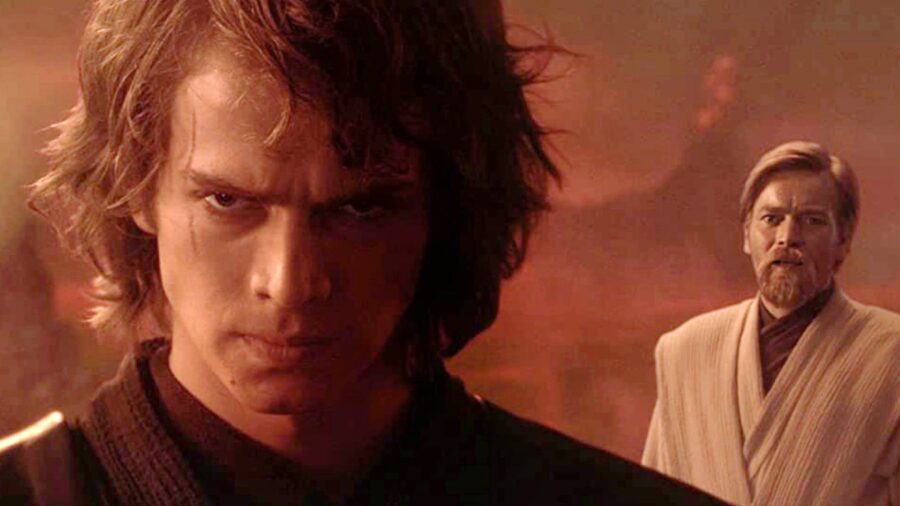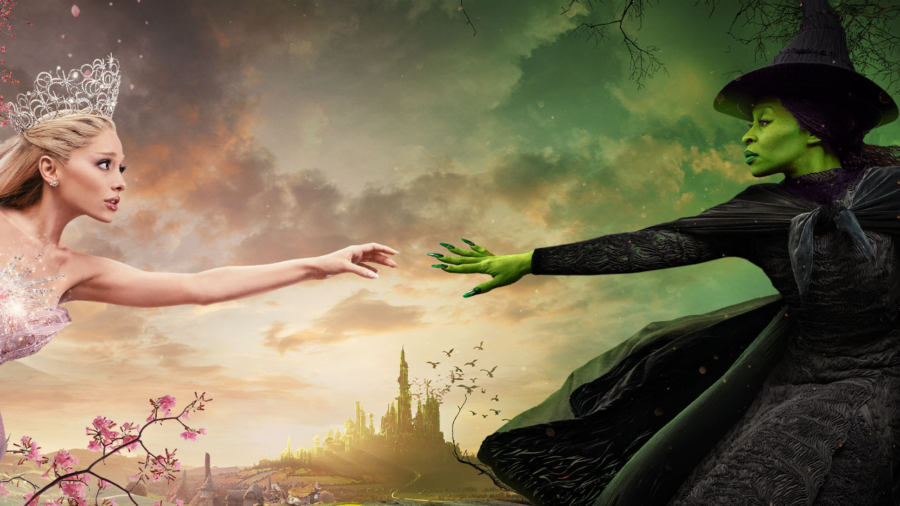By Chris Snellgrove
| Published

Recently, Wicked had the third biggest opening of the year, coming in only behind the massive Disney hits Inside Out 2 and Deadpool & Wolverine. Blockbusters can be unpredictable, as Disney discovered when The Marvels bombed after the predecessor film Captain Marvel earned over a billion dollars. It’s left fans and critics alike asking why this particular musical worked. I believe the reason is simple: thanks to its literary origins, Wicked finally delivers on Star Wars’ failed promise of using a prequel to flesh out a beloved franchise’s famous villain.
Of course, the Wicked movie had one big advantage that even Star Wars didn’t have: the opportunity to learn from the mistakes of previous adaptations. Gregory Maguire wrote Wicked: The Life and Times of the Wicked Witch of the West in 1995 as a Wizard of Oz prequel, and it was adapted into a hit Broadway musical in 2003. The recent film obviously focuses on adapting the musical for the big screen but uses its outsize runtime (the first film only adapts half the play but has a longer runtime than the entire Broadway adaptation) to include more details from the book, creating the kind of robust prequel that, frankly, we all wished The Phantom Menace and its sequels could have been.

Maguire obviously wrote Wicked years before The Phantom Menace came out, but it’s still fascinating that they both had the same purpose, namely, to provide a more complete origin story for one of cinema’s greatest supervillains. However, the chief failure of the Star Wars prequels is that they didn’t really change our understanding of Darth Vader, merely providing the world’s stupidest reason, that he’s an easily duped wife guy, for his descent to the Dark Side.
By contrast, the Wicked novel, play, and now movie dramatically change our understanding of the “Wicked” witch by presenting her as a sympathetic advocate of the underdogs (and overmonkeys, for that matter). We see her willing to stand up to a corrupt Wizard whose only real power comes from his fascist regime and his fuzzy Gestapo, a far cry from the scary green gal who menaced Dorothy way back in 1939.
In other words, the Wicked story makes for a great prequel to The Wizard of Oz specifically because it is willing to surprise us with a version of this famous villain we weren’t expecting. That was relatively easy because the first cinematic portrayal of this character presented her as nothing more than a sneering villain, someone who’d casually threaten to take out a young girl and her little dog, too. Darth Vader similarly started as a one-note villain, and while the rest of the Original Trilogy added a little depth to his backstory, he still spent almost every one of his scenes as a brute whose mask and heavy breathing still couldn’t disguise how much scenery he was always chewing.

As we all know, the Star Wars prequels didn’t do anything surprising with Darth Vader. He went from being weird to being violent to weird and violent. Other than discovering how eerily similar he was to a school shooter, there wasn’t much new with his character.
Wicked, by contrast, fleshes out the Wicked Witch’s relationship with other iconic characters while giving her sympathetic motivations. By the time she brings the house down with the hit song “Defying Gravity,” the audience is willing to side with Hollywood’s oldest supervillain as she fights for those who have lost (quite literally, in some cases) their voice.

All of this is to say that Wicked finally does right with the Wicked Witch what George Lucas failed to do with Darth Vader: changing what we know about the villain in order to make the prequel fresh and exciting. Sadly, an entire generation of filmmakers has tried to bite Lucas’ style, giving us similarly mediocre prequels like Hannibal Rising that similarly did nothing interesting or surprising with their charismatic villains. A successful prequel requires creative and innovative writing, and if most Hollywood studios are incapable of providing that, they’ll be the only ones left mourning their box office failures.
After all, just as no one mourns the wicked, no one mourns the lazy. And there’s nothing lazier than cookie-cutter prequels afraid to take a single risk with their most iconic characters. Hollywood is full of laziness, though, and as the Wicked Witch herself might say, what a world it is.
